Normal Letter Recognition Worksheets for Ages 5-9 - Page 4
83 filtered results
-
From - To
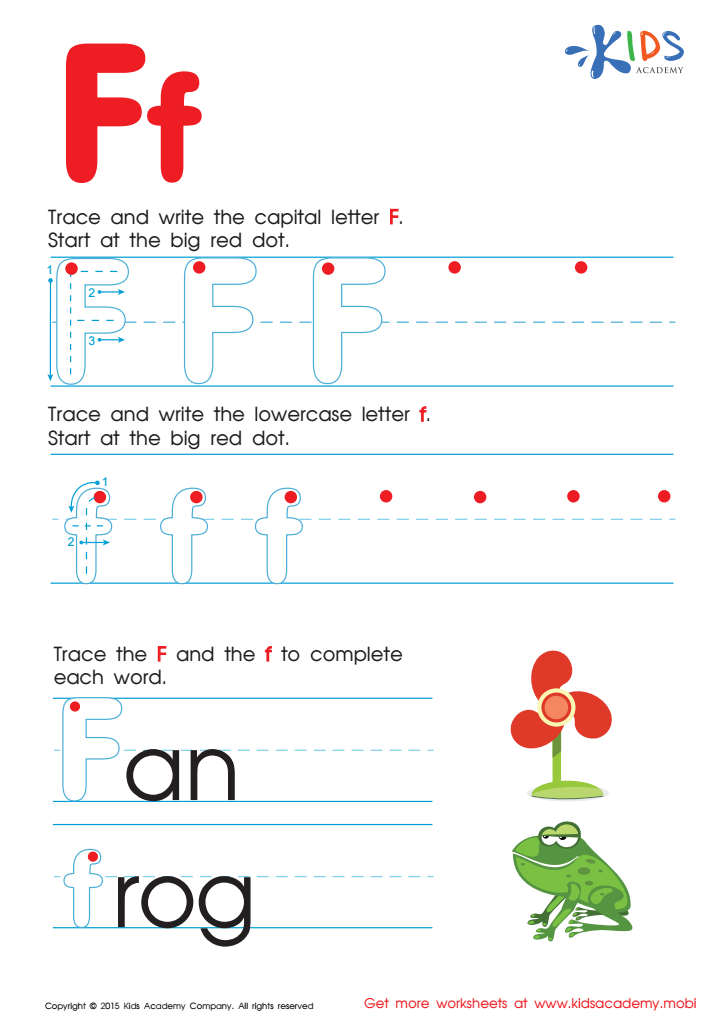

Letter F Tracing Page
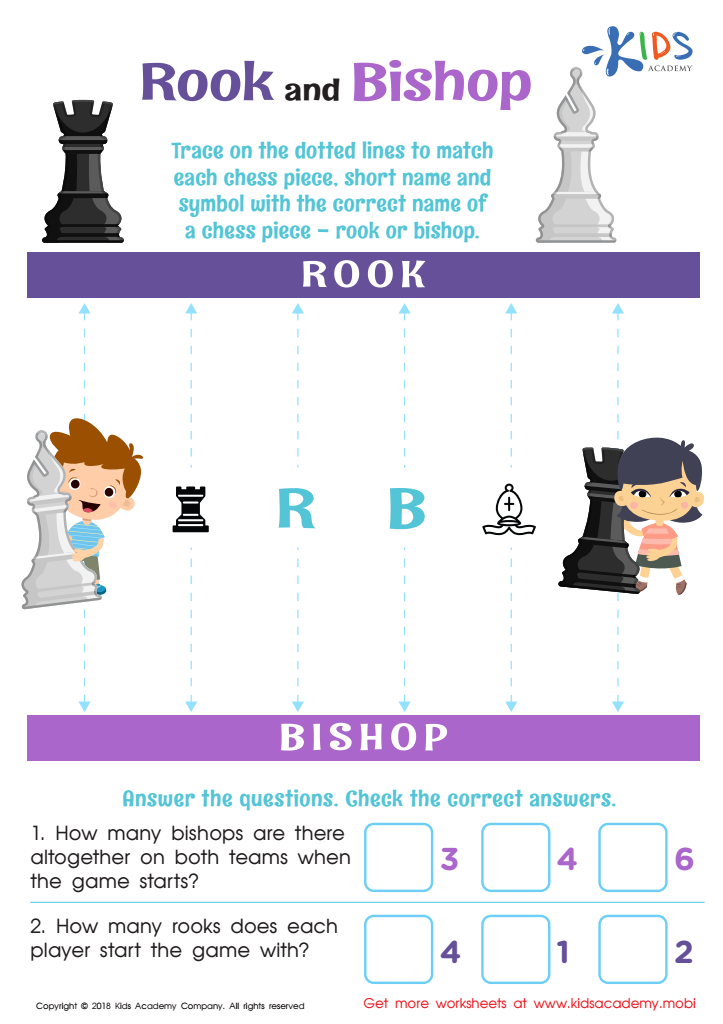

Rook and Bishop Worksheet
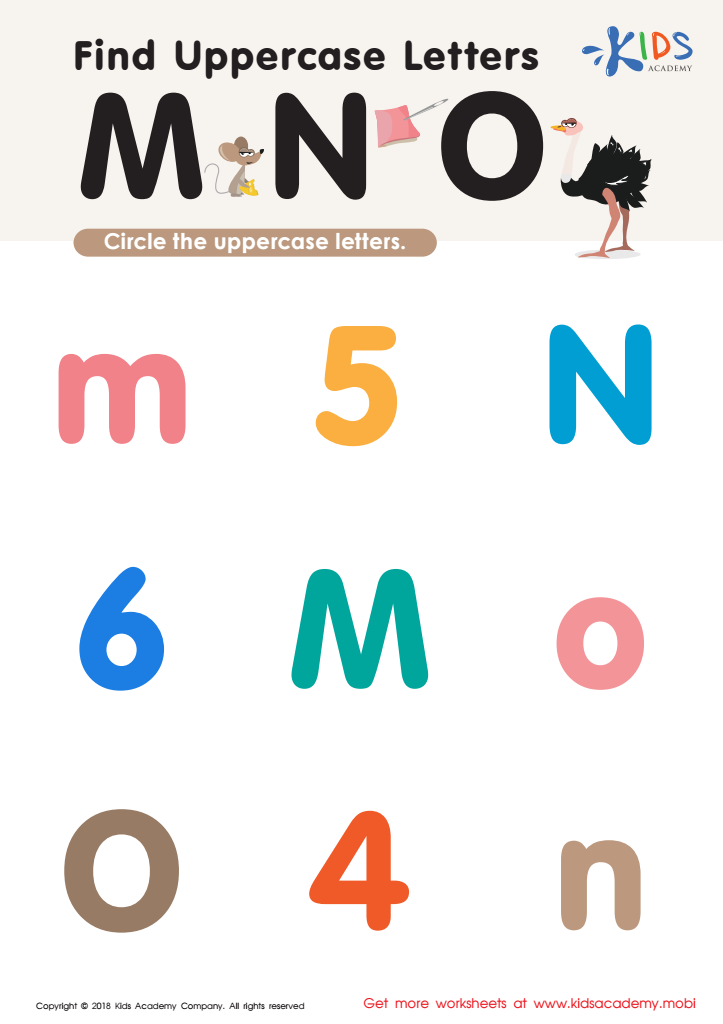

Find Uppercase Letters M, N, and O Worksheet
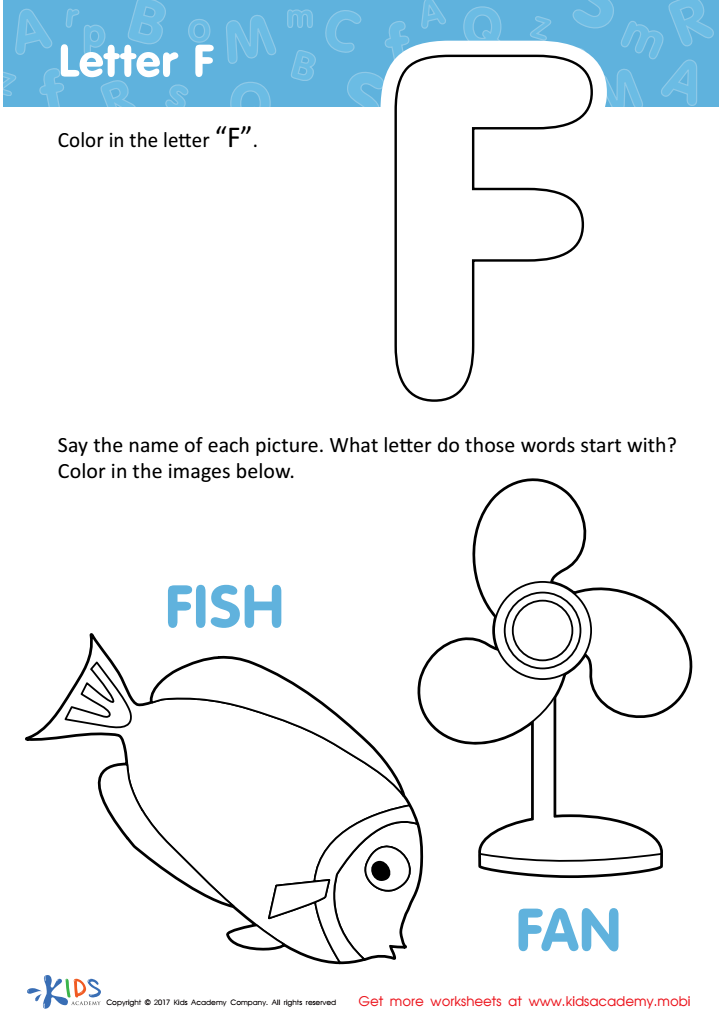

Letter F Coloring Sheet
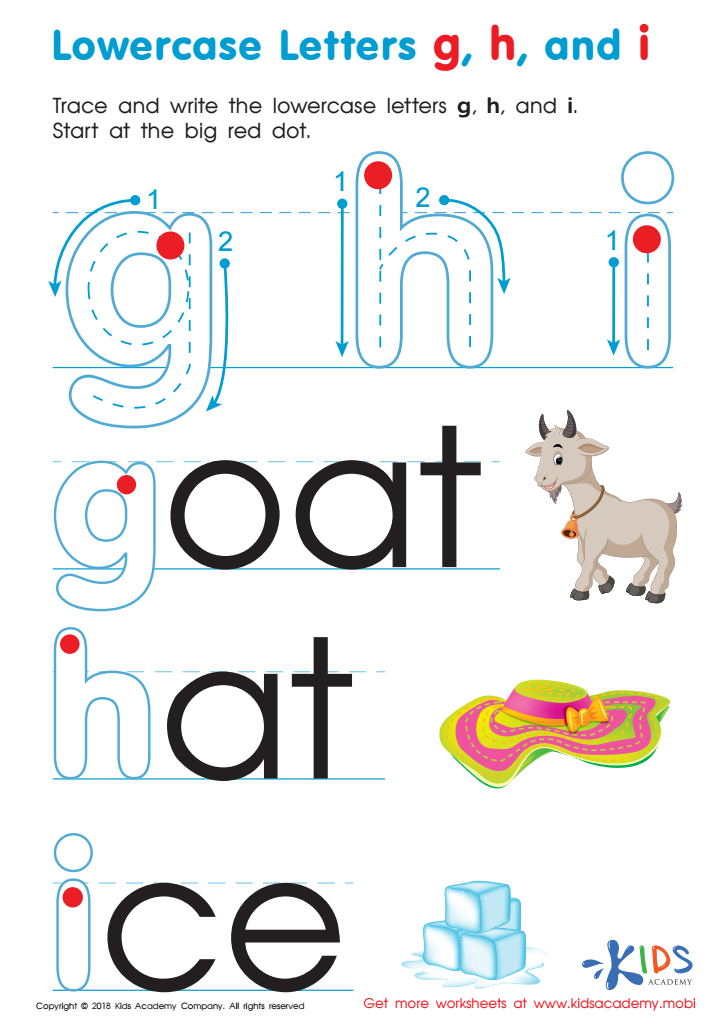

Lowercase Letters g h i Worksheet
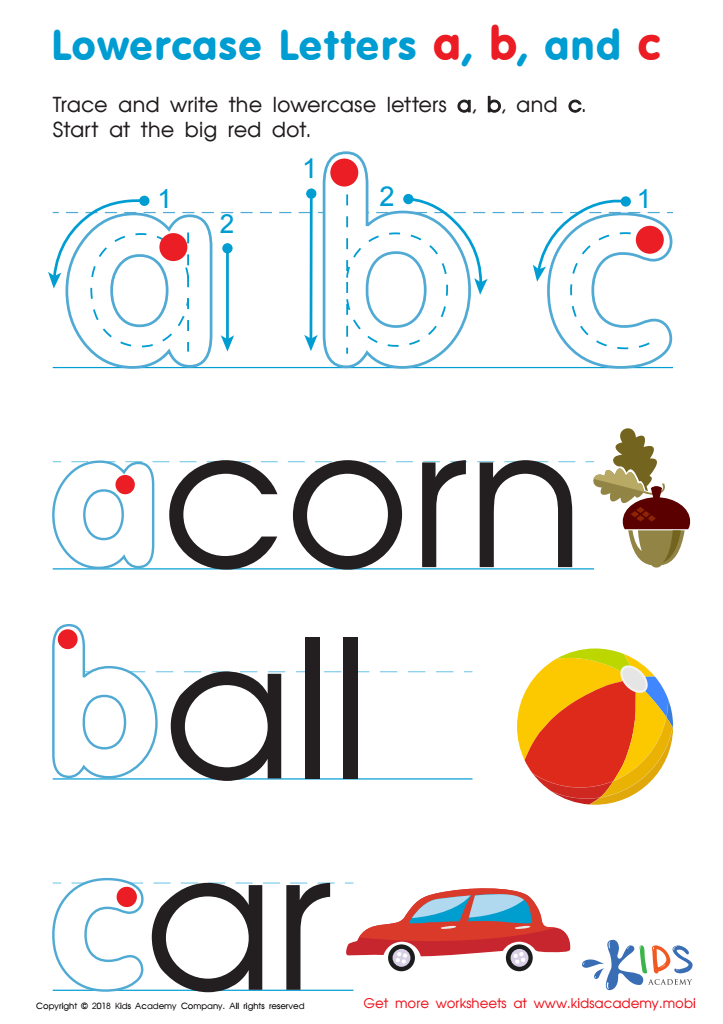

Lowercase Letters a b c Worksheet
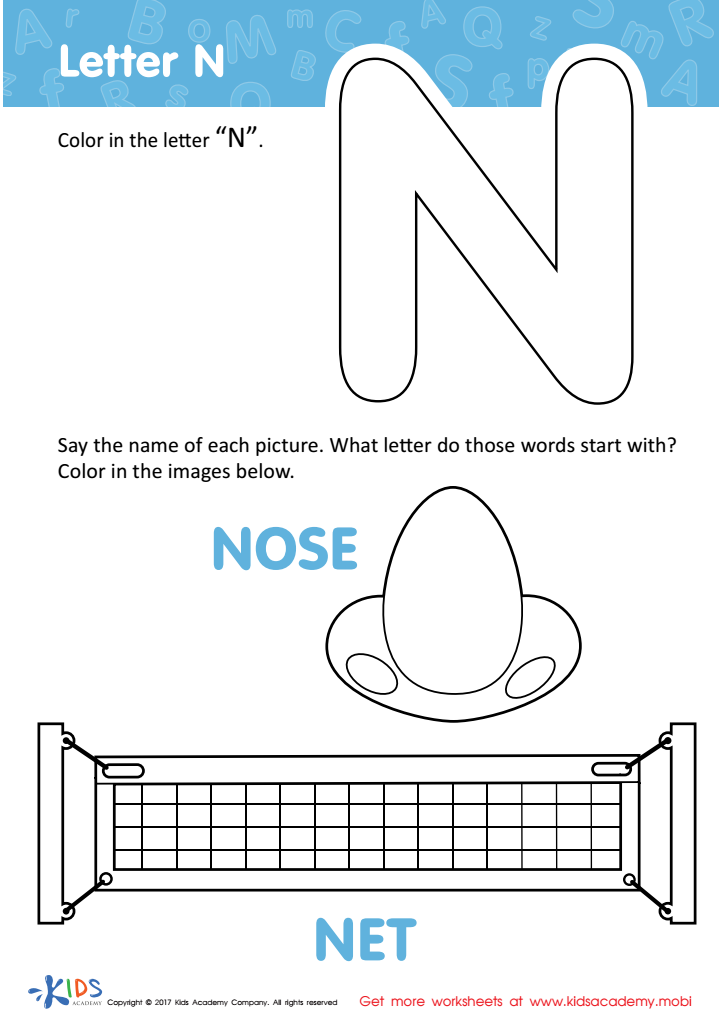

Letter N Coloring Sheet
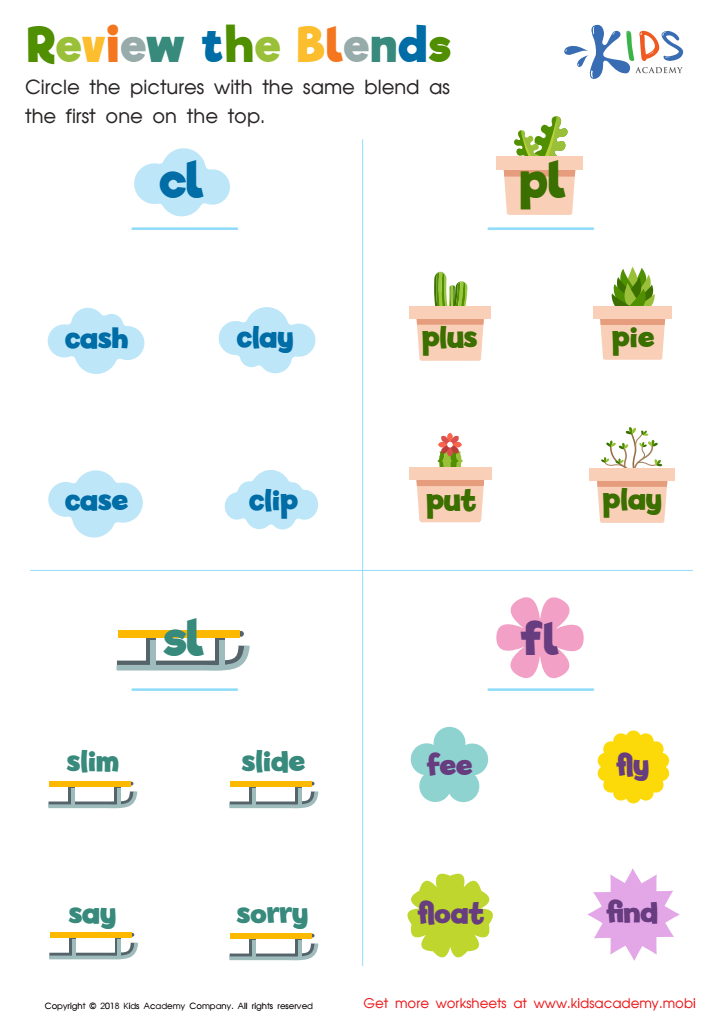

Review the Blends Worksheet
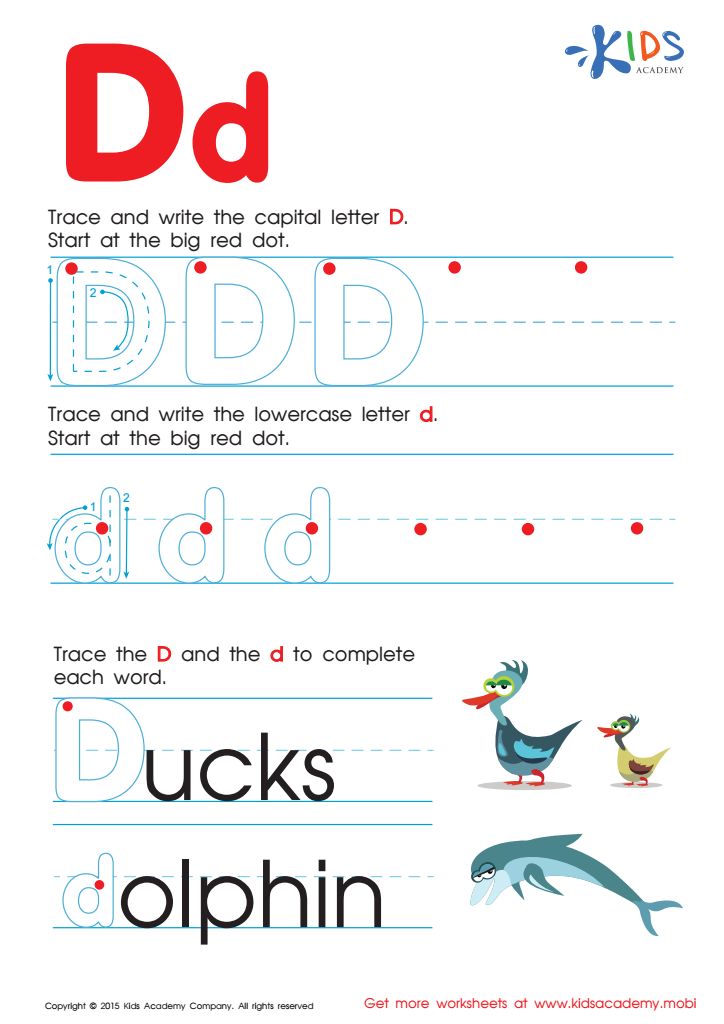

Letter D Tracing Page
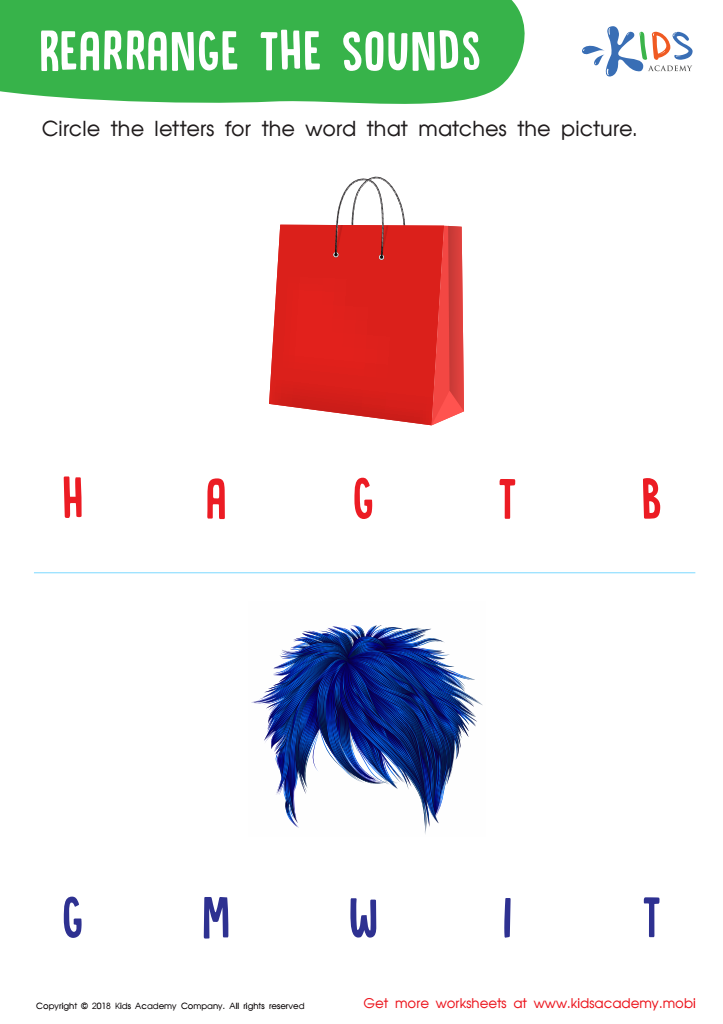

Rearrange the Sounds Worksheet
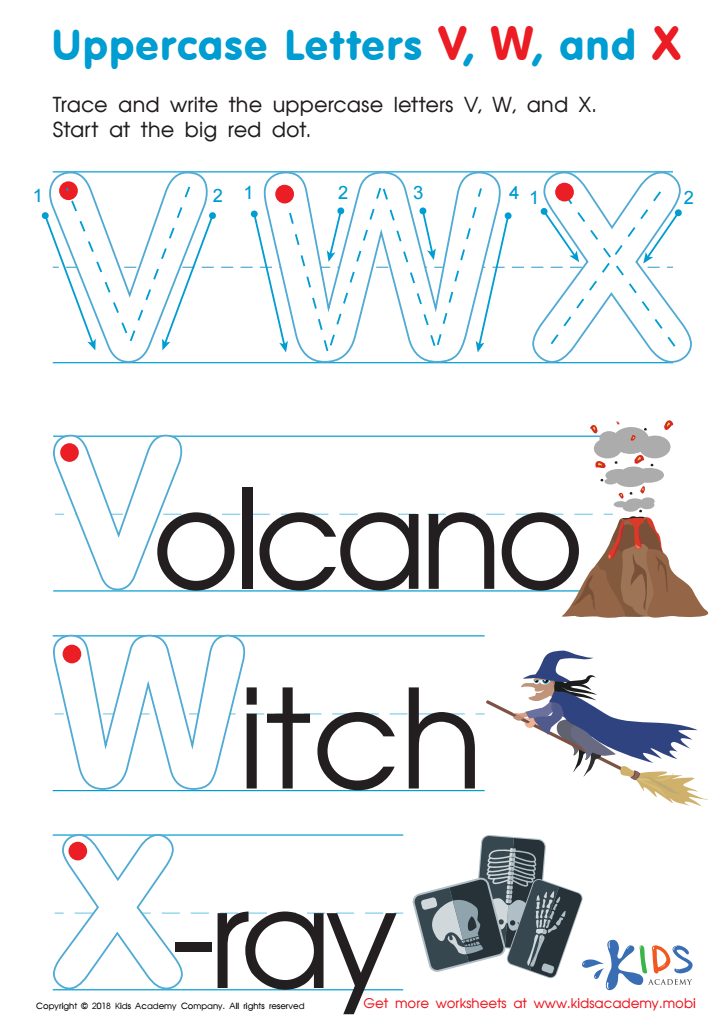

Uppercase Letters V, W, and X Worksheet
Normal letter recognition is crucial for children ages 5-9 because it's a foundational skill for reading and overall academic success. During these formative years, children are rapidly developing cognitive and language abilities that will impact their entire educational journey. When children can recognize letters easily, they begin to understand the association between letters and sounds, a critical step in learning to read.
Reading is a key component of nearly all educational activities. Without strong letter recognition skills, children may struggle with more advanced literacy tasks, like decoding words, which can lead to frustration and a lack of interest in learning. This can snowball into broader academic challenges and confidence issues. Early literacy skills are also linked to better outcomes in subjects beyond language arts, including math and science, because reading comprehension is essential for understanding word problems and instructions.
Parents and teachers should care about letter recognition because it offers insight into a child’s developmental stage and helps identify any learning disabilities early on. Early intervention strategies can then be employed to support the child's specific needs. Ensuring strong letter recognition skills sets a positive trajectory for educational achievement, cognitive development, and lifelong learning habits.
 Assign to My Students
Assign to My Students















